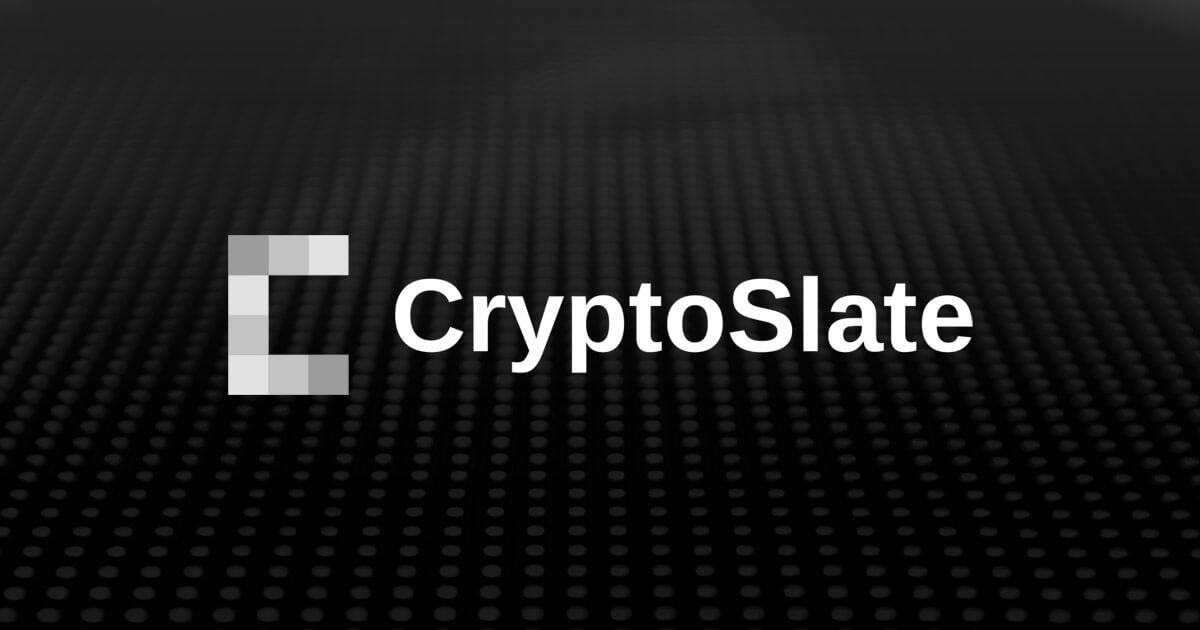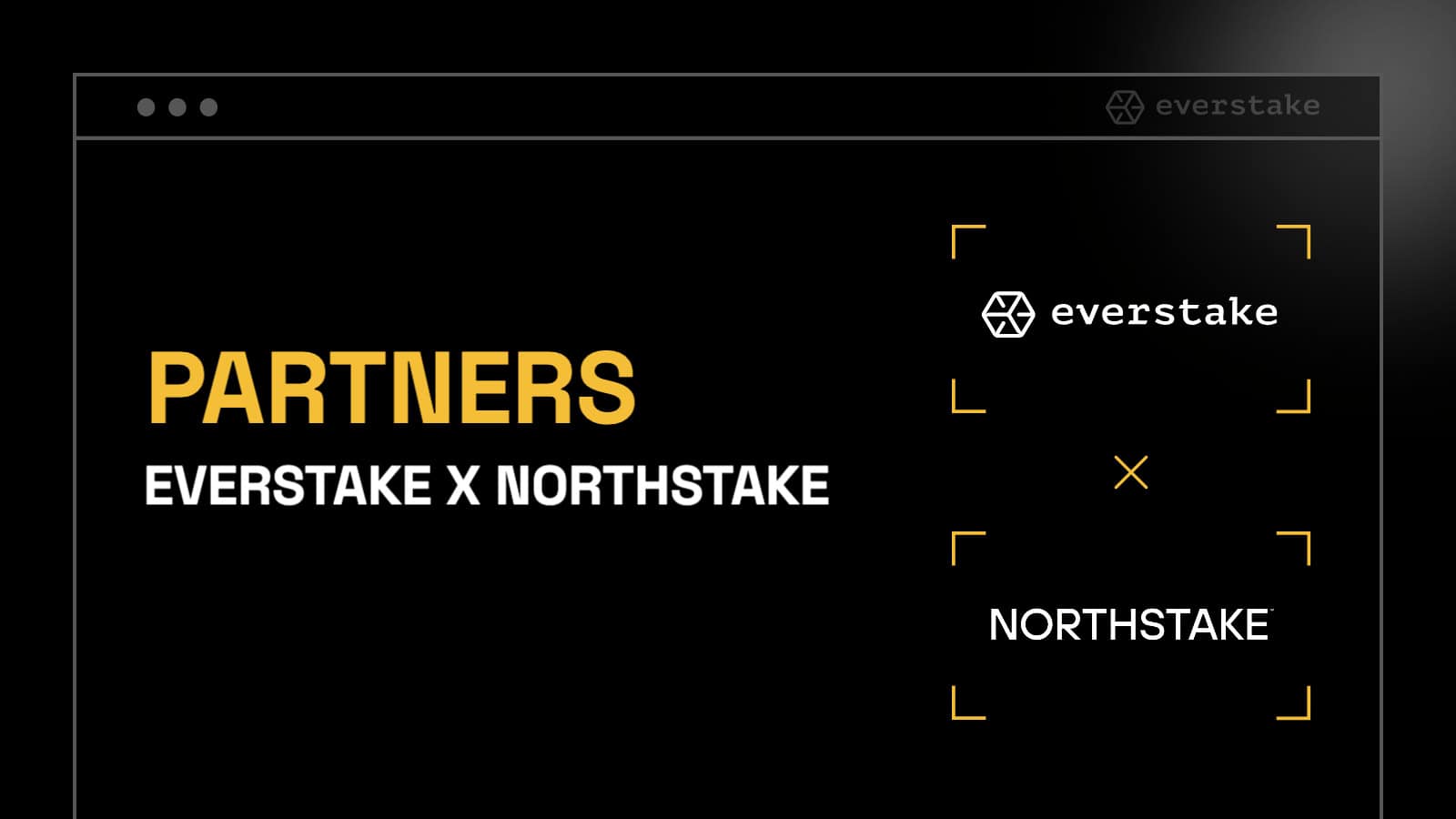A group of US lawmakers, led by Senator Adam Schiff, introduced a new bill on June 23 to stop public officials, including the president, from using digital assets for personal gain.
The Curbing Officials’ Income and Nondisclosure bill, also known as the COIN Act, aims to tighten ethical standards amid growing concern over crypto-linked financial activities in government.
Schiff cited recent reports that President Donald Trump made over $57 million in 2024 through a crypto venture with World Liberty Financial. He argued that such earnings raise serious questions about the use of public office for private enrichment.
Due to this, Schiff stated:
“I am introducing legislation to prevent the financial exploitation of any digital assets by public officials, including the president and the First Family. We need far greater scrutiny of the president’s financial dealings, and to stop him and any other politician from profiting off of such schemes.”
The COIN Act is co-sponsored by several House and Senate Democrats, including Kirsten Gillibrand, Richard Blumenthal, and Lisa Blunt Rochester.
It has also won the backing of watchdog groups such as CREW, Public Citizen, and the Project on Government Oversight.
The COIN Act
The COIN Act outlines a series of restrictions and disclosures to prevent conflicts of interest.
It proposes a ban on issuing, promoting, or endorsing any digital asset, including memecoins, NFTs, and stablecoins, by key government figures.
This restriction applies to presidents, vice presidents, members of Congress, executive branch employees, and their immediate family members. It covers a period starting 180 days before they take office and ending two years after they leave.
Public officials must include all digital asset holdings and transactions in annual financial disclosures and real-time transaction reports.
The bill further clarifies that involvement in crypto falls under federal conflict-of-interest laws, requiring officials to step back from decisions where they may have a financial stake.
To curb indirect profiteering, the legislation would require stablecoin issuers to submit quarterly reports verifying that no government official is personally benefiting from their tokens. These reports would be required for regulatory approval.
The bill also directs the Government Accountability Office to produce a detailed review of ethics laws related to digital assets within a year, offering guidance for future policy updates.
The post US lawmakers push COIN Act to block officials from profiting from crypto appeared first on CryptoSlate.



